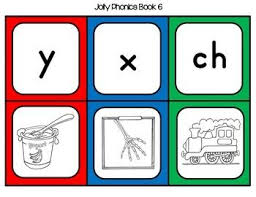Spring means warmer weather, sunnier skies, blooming flowers, fresher fruit, and testing for students in school. All things spring are wonderful and the students enjoy the new season, except for the testing. The testing leads to stress, nervousness, and even sleeplessness for many students.
As I was tutoring a fourth grader last evening, she kept mentioning different things that were making her nervous about beginning testing this week (although she insisted she was not nervous at all). The things she is nervous about are all valid and I got to wondering if other kids are nervous about the same things, but they don’t express how they’re feeling. Below are just a few of her “I’m not nervous, but what if….?” statements and my responses to try to alleviate some of her nerves. Perhaps these would be good things to talk to your own students/children about.
- My teacher is really stressed about the testing. This makes me feel even more stressed out.
My response-Yes, testing makes teachers feel a lot of stress, but it’s because they want you to do your best and show what you know.
- What if I run out of scratch paper?
My response-You can raise your hand and ask for more, but I’m sure your teacher will give you enough to begin with.
- What if my pencil breaks?
My response-You can raise your hand and ask for another pencil. It’s a good idea to have 2-3 sharp pencils to begin with.
- What if I forget everything I have learned?
My response-You will not forget everything you have learned, even if you feel that way. Relax, take deep breaths, do your best, don’t second guess yourself, enjoy showing how much you know!
- What if my computer stops working?
My response-It is unlikely that your computer will stop working, but if it does just raise your hand and the technology teacher or your teacher will help you. The portion of the test you already did will be saved, so don’t worry that you’ll lose all that work.
- What if other kids are looking at my test?
My response-It might feel like the kids sitting next to you are looking at your computer test, but most likely they are too busy looking at their own screen to pay attention to yours. Also, you’ll each have test questions that appear in a different order to prevent cheating.
I’m sure this little fourth grade girl is as nervous as every other student about to embark on yet another round of testing. I hope I was able to reassure her that the main goal of school is to learn information you will use in your future daily life, not just to take a test. However, since testing is here to stay for now, I hope I was also able to reassure her that she is smart and capable of doing her best and her best is what is expected.
Good luck to all students, teachers, and parents during this new season.









